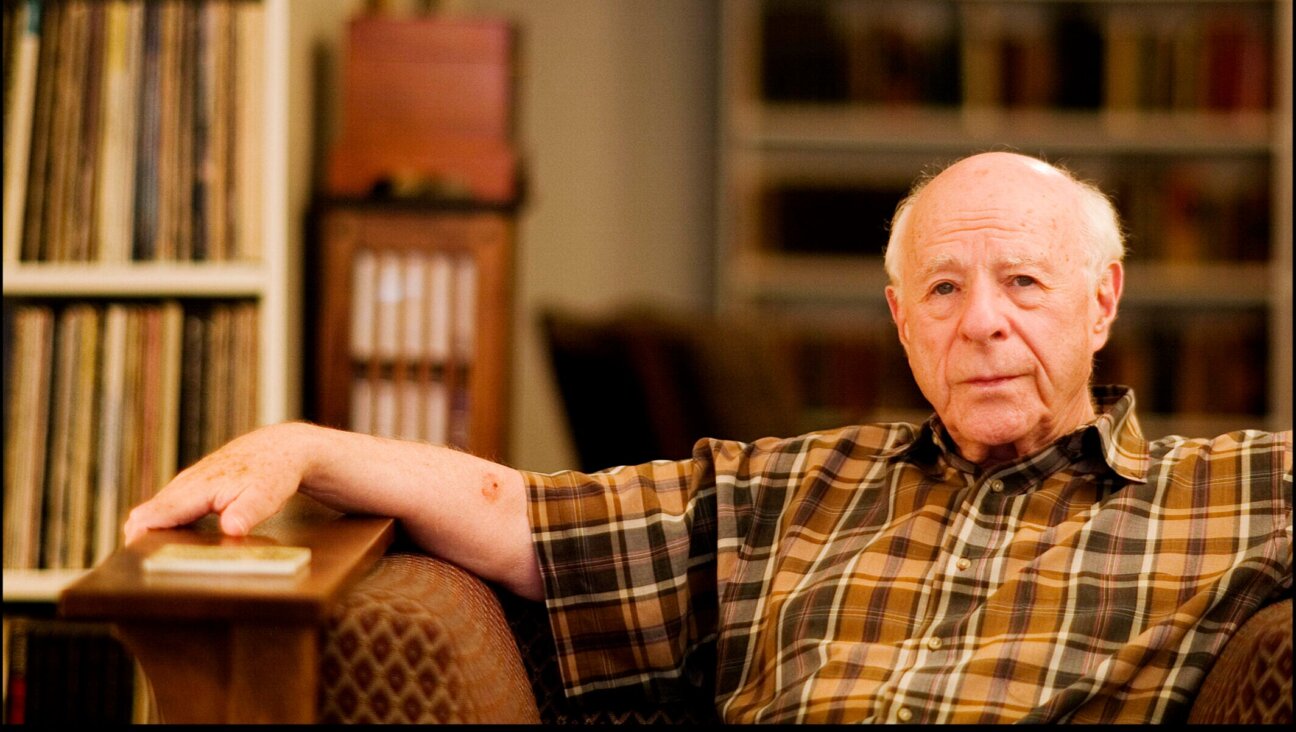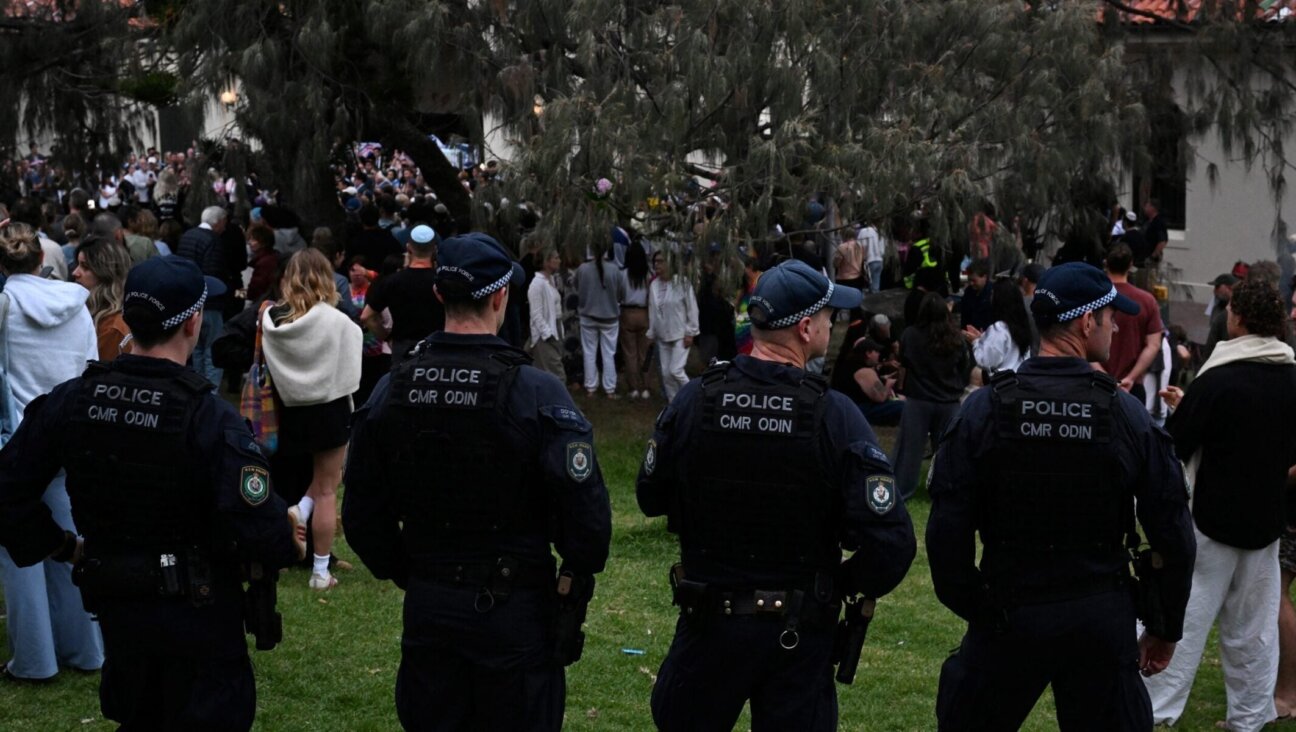Kerry Calls Turkish PM’s Zionism Comments ‘Objectionable’
U.S. Secretary of State John Kerry on Friday criticised a comment by Turkey’s prime minister likening Zionism to crimes against humanity in a disagreement that cast a shadow over talks between the NATO allies.
Kerry, on his first trip to a Muslim nation since taking office, met Turkish leaders for talks meant to focus on the civil war in neighbouring Syria and bilateral interests from energy security and Iran’s nuclear program to counter-terrorism.
But the comment by Turkish Prime Minister Tayyip Erdogan at a U.N. meeting in Vienna this week, condemned by his Israeli counterpart, the White House and U.N. Secretary-General Ban Ki-moon, has clouded his visit.
“We not only disagree with it, we found it objectionable,” Kerry told a news conference with Turkish Foreign Minister Ahmet Davutoglu, saying he raised the issue “very directly” with Davutoglu and would do so with Erdogan.
Erdogan told the U.N. Alliance of Civilizations meeting in Vienna on Wednesday: “Just as with Zionism, anti-Semitism and fascism, it has become necessary to view Islamophobia as a crime against humanity.”
The Turkish prime minister’s caustic rhetoric on Israel has in the past won applause from conservative supporters at home but raised increasing concern among Western allies.
Kerry said Turkey and Israel were both key U.S. allies and urged them to restore closer ties.
“Given the many challenges that the neighbourhood faces, it is essential that both Turkey and Israel find a way to take steps … to rekindle their historic cooperation,” Kerry said.
“I think that’s possible but obviously we have to get beyond the kind of rhetoric that we’ve just seen recently.”
After Kerry and Erdogan met, a senior U.S. State Department official said that the secretary of state “had a respectful but frank discussion of the (prime minister’s) speech in Vienna, and how to move forward. The Secretary made U.S. concerns very clear.” .
The official said the two sides also discussed Middle East peace, Iran, Iraq, Syria, Gulf security and how to deepen their economic relations.
Washington needs all the allies it can get as it navigates the political currents of the Middle East, and sees Turkey as a key player in supporting Syria’s opposition and planning for the era after President Bashar al-Assad.
Ties between Israel and Turkey have been frosty since 2010, when Israeli marines killed nine Turks in fighting aboard a Palestinian aid ship that tried to breach Israel’s blockade of the Gaza Strip.
“If we must talk about hostile acts, then Israel’s attitude and its brutal killing of nine of our civilian citizens in international waters may be called hostile,” Davutoglu said, adding Turkey had always stood against anti-Semitism.
“No single statement carries a price higher than the blood of a person … If Israel wants to hear positive statements from Turkey it needs to reconsider its attitude both towards us and towards the West Bank,” he told the news conference.
Turkey has demanded a formal apology for the 2010 incident, compensation for victims and their families and for the Gaza blockade to be lifted. Israel has voiced “regret” and has offered to pay into what it called a “humanitarian fund” through which casualties and relatives could be compensated.
SUPPORT FOR SYRIAN OPPOSITION
Erdogan appeared displeased when Kerry arrived late for their evening talks, remarking there was not much time left, according to a U.S. media pool reporter who attended the picture-taking session at the start of the meeting.
Kerry, in turn, apologised, saying that he had a good meeting with Davutoglu, according to the pool reporter.
Erdogan, speaking through an interpreter, replied that they “must have spoken about everything so there is nothing left for us to talk about.” In a joking tone of voice, Kerry said: “We need you to sign off on everything.”
Turkey’s relations with the United States have always been prickly. And Erdogan’s populist rhetoric, sometimes at apparent odds with U.S. interests, is aimed partly at a domestic audience wary of Washington’s influence.
Ahead of Kerry’s talks with Erdogan and President Abdullah Gul, officials said Syria would top the agenda, building on this week’s discussions in Rome between 11 mostly European and Arab nations within the “Friends of Syria” group.
After the Rome meeting, Kerry said on Thursday the United States would for the first time give non-lethal aid to the rebels and more than double support to the civilian opposition, although Western powers stopped short of pledging arms.
Turkey has been one of Assad’s fiercest critics, hosting a NATO Patriot missile defence system, including two U.S. batteries, to protect against a spillover of violence and leading calls for international intervention.
It has spent more than $600 million sheltering refugees from the conflict that began almost two years ago, housing some 180,000 in camps near the border and tens of thousands more who are staying with relatives or in private accommodation. (Additional reporting by Gulsen Solaker; Writing by Nick Tattersall and Arshad Mohammed; Editing by Michael Roddy)















